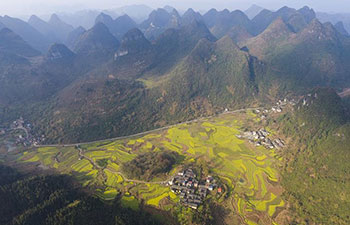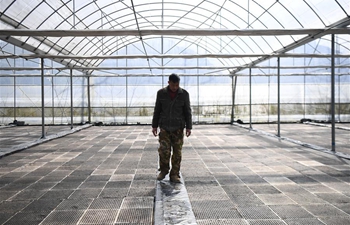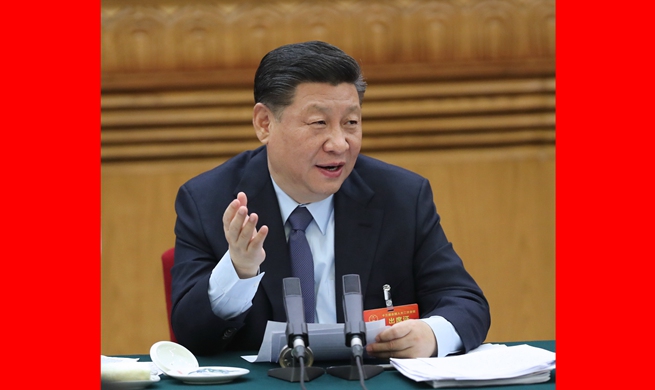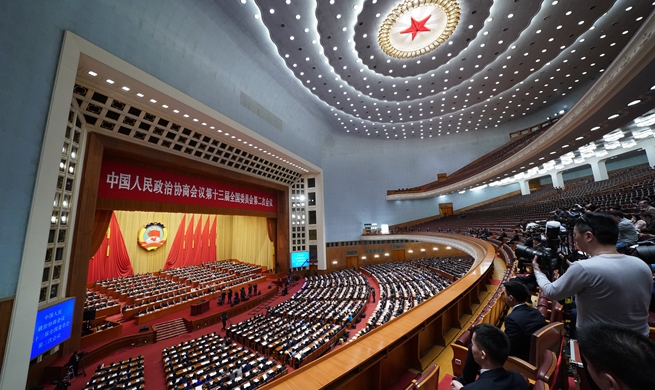UNITED NATIONS, March 11 (Xinhua) -- The top UN envoy for Afghanistan on Monday warned against the challenges to this year's presidential election in the country.
This year's presidential election will be a critical step forward in further consolidating Afghanistan's representative political system, said Tadamichi Yamamoto. "The holding of the presidential election on schedule, however, will be very challenging."
The widespread reports of irregularities during parliamentary elections in October 2018 undermined confidence in the electoral management bodies. As a result, the country's Election Law had to be amended and the Independent Election Commission and the Electoral Complaints Commission had to be reshuffled, he told the Security Council.
"With less than five months remaining until election day, the technical and political challenges are daunting," said Yamamoto, the UN secretary-general's special representative and head of the UN Assistance Mission in Afghanistan (UNAMA).
The amended Election Law provides for reforms, including the use of biometric technology and change in the electoral system; and for the conduct of three additional elections: provincial council elections, district council elections, and parliamentary elections for the province of Ghazni.
The commissioners will need to assess whether the current electoral calendar will permit the holding of four simultaneous elections in July, said Yamamoto.
"It will likely be a stark choice: hold the presidential election on schedule or implement all that are stipulated in the amended Election Law, knowing that this may entail a significant postponement of the presidential election."
The United Nations will continue to work with Afghan stakeholders to help them ensure that the electoral process is conducted in a credible, transparent and inclusive manner, said Yamamoto. "It is important, however, that Afghan institutions and stakeholders fully realize that the ultimate responsibility and ownership for elections rests with the people of Afghanistan."
Yamamoto noted that all this is taking place in the context of a war which continues to inflict a devastating toll on civilians.
According to UNAMA's statistics, 2018 was the deadliest year on record for the Afghan conflict, with a total of 10,993 civilian casualties, including 3,804 civilian deaths.
Another major socio-economic challenge is the issue of narcotics, he said.
Despite a drop in the opium production in 2018, the significant levels of opium poppy cultivation and illicit trafficking of opiates remain a threat to stability in the country, said Yamamoto.
"We estimate that 10 percent of the adult population are addicted to narcotics. In order to tackle this complex issue, the whole demand and supply chain needs to be addressed."
Today, over half the population in the country live under the poverty line, compared with 37 percent in 2014, noted Yamamoto.
Over the last year, severe drought has worsened living conditions further, with 13.5 million people in the country being severely food insecure. "This means that they survive on less than one meal a day," he said.
The UN Humanitarian Response Plan for Afghanistan for 2018 was 78 percent funded. This year, he said, 612 million U.S. dollars is needed. The response this year, however, has started very slowly and currently only 4 percent is funded.
















